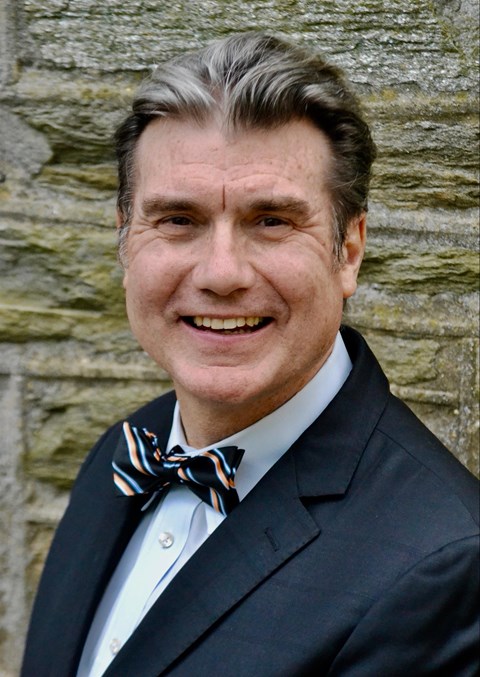Mark I. Wallace, Ph.D.
Mark I. Wallace, Department of Religion, Environmental Studies Program
Swarthmore College
500 College Avenue
Swarthmore, PA 19081
Phone: 610-328-7829
Email: mwallac1@swarthmore.edu
Web: https://www.swarthmore.edu/profile/mark-wallace
https://www.fordhampress.com/9780823281312/when-god-was-a-bird/
Mark I. Wallace, Ph.D. graduate of The University of Chicago, is Professor of Religion, Environmental Studies, and Interpretation Theory at Swarthmore College in Swarthmore, PA. He has been a visiting professor at The University of Pennsylvania, Princeton Theological Seminary, and Japan International Christian University, and is core faculty for the U.S. State Department’s Institutes on Religious Pluralism at Temple University. His teaching and research interests focus on the intersections between comparative religious thought, critical theory, environmental studies, and social change. His previous books include Green Christianity: Five Ways to a Sustainable Future (Fortress Press 2010) and Finding God in
the Singing River: Christianity, Spirit, Nature (Fortress Press 2005). He is the author of “Losing the Self, Finding the Self: Postmodern Theology and Social Constructionism,” in Social Constructionism and Theology, ed. C. A. M. Hermans, et al. (Brill 2001), 93-111.
His most recent book is When God Was a Bird: Christianity, Animism, and the Re Enchantment of the World (Fordham University Press 2018). The book asks, In a time of rapid climate change and species extinction, what role have the world’s religions played in ameliorating—or causing—the current crisis? One can point to Christianity as bearing a disproportionate burden for creating humankind’s exploitative attitudes toward nature through its otherworldly focus. And yet, buried deep within the Christian tradition are naturalistic portrayals of God as the beaked and feathered Holy Spirit—the “animal God” or the “bird God” of historic Christian witness. Through biblical readings, continental philosophy, and personal stories of sacred nature, this book recovers Christian divinity as a creaturely, avian reality promiscuously incarnated within all things. It shows that “Christian animism” is not a contradiction in terms, but Christianity’s natural habitat, paving the way for a new Earth-loving spirituality grounded in the ancient image of a winged God who signals the presence of spirit in everything, human and more-than-human alike. In turn, it suggests that the created order is worthy of human beings’ love and protection just insofar as all things are alive with sacred personhood.
Wallace’s research has been supported by the National Endowment for the Humanities, the American Council of Learned Societies, and the Andrew W. Mellon Foundation. He is a co-founder of the Chester Swarthmore Learning Institute. Consisting of community leaders in Chester city and suburban Swarthmore, the Institute aims to support and reform local schools by addressing structural inequities through a common vision that is mutually transforming.

